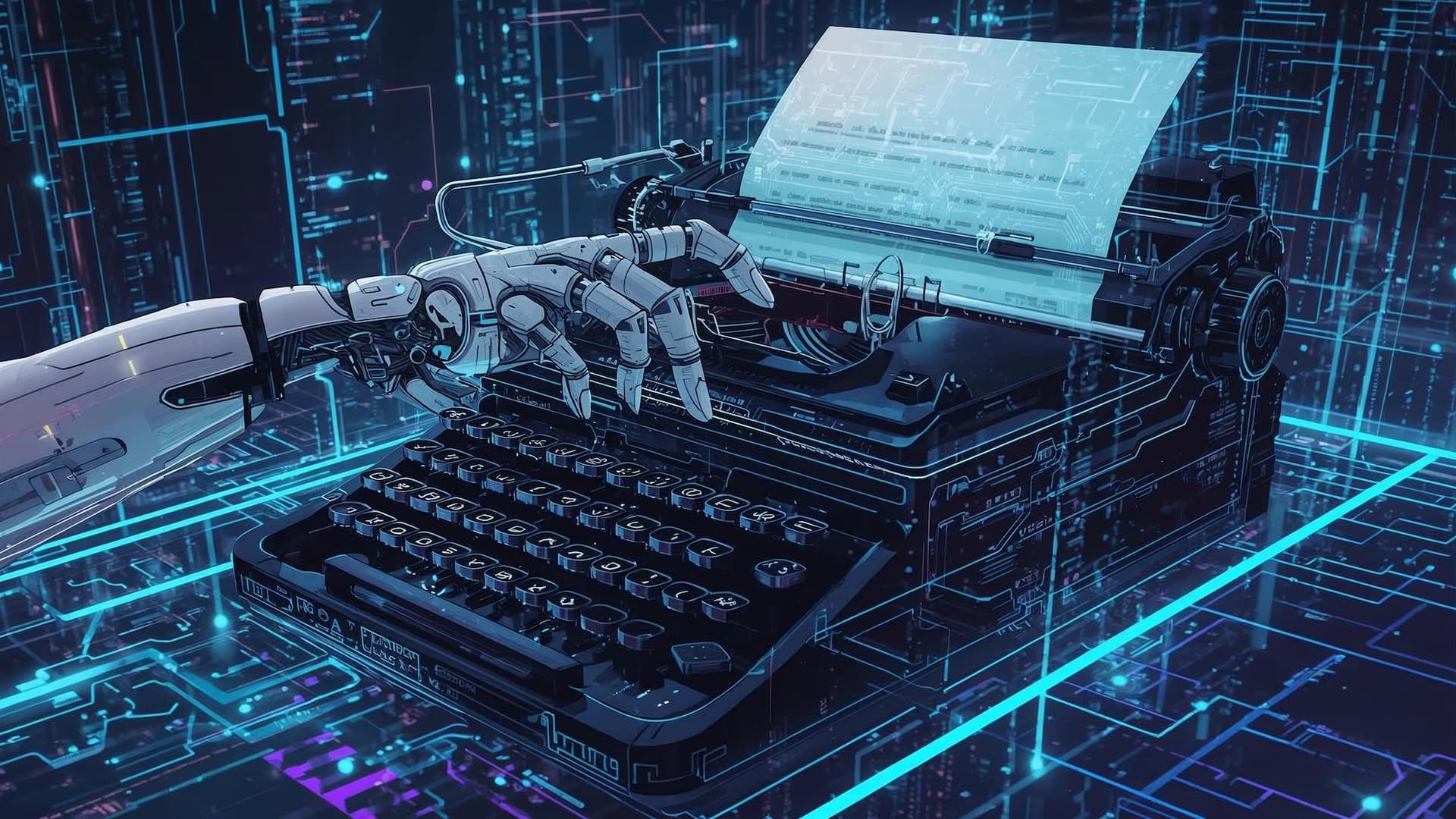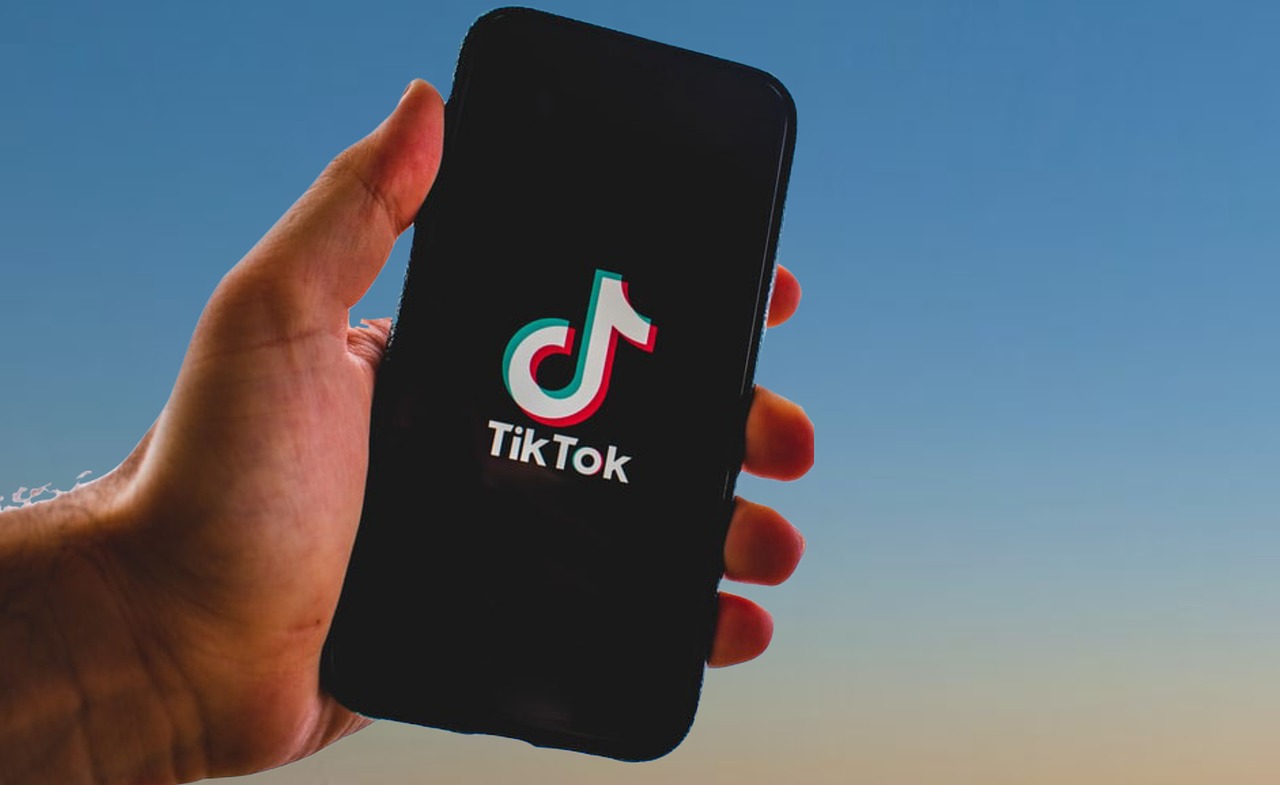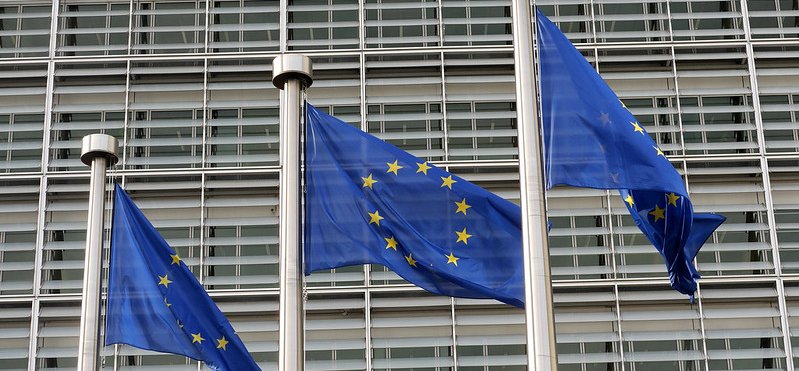A growing unease among writers is emerging as AI tools reshape how language is produced and perceived. Long-established habits, including the use of em dashes and semicolons, are increasingly being viewed with suspicion as machine-generated text becomes more common.
The concern is not opposition to AI itself, but the blurring of boundaries between human expression and automated output. Writers whose work was used to train large language models without consent say stylistic traits developed over decades are now being misread as algorithmic authorship.
Academic and editorial norms are also shifting under this pressure. Teaching practices that once valued rhythm, voice, and individual cadence are increasingly challenged by stricter stylistic rules, sometimes framed as safeguards against sloppy or machine-like writing rather than as matters of taste or craft.
At the same time, productivity tools embedded into mainstream software continue to intervene in the writing process, offering substitutions and revisions that prioritise clarity and efficiency over nuance. Such interventions risk flattening language and discouraging the idiosyncrasies that define human authorship.
As AI becomes embedded in publishing, education, and professional writing, the debate is shifting from detection to preservation. Many writers warn that protecting human voice and stylistic diversity is essential, arguing that affectless, uniform prose would erode creativity and trust.
Would you like to learn more about AI, tech, and digital diplomacy? If so, ask our Diplo chatbot!










